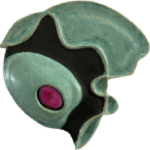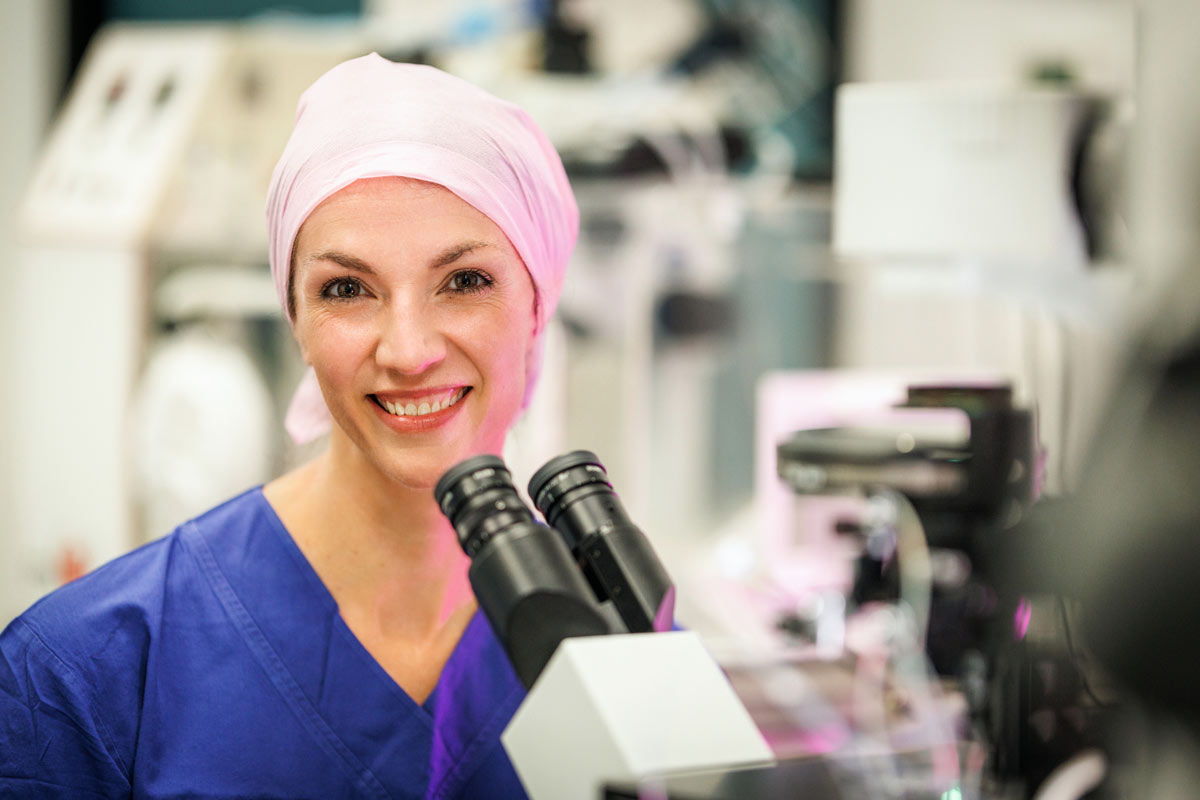Take control of your reproductive health, with better choices for life.
As a specialist gynaecologist I address an array of gynaecological concerns spanning from adolescence to menopause management. I’m a credited colposcopist and offer consultation through to surgical management.Contact

Better gynaecological health starts here.
In-Clinic procedures
(Consulting Room).
Dr Tatham offers several in-clinic gynaecological procedure in a comfortable and friendly environment.
- Insertion of intrauterine device (inclusive of Mirena, Kylena or Copper IUD & implanon)
- Colposcopy and biopsy for abnormal cervical screening tests
- Endometrial (lining of the uterus) sampling for abnormal uterine bleeding work up.
- Pessary placement and change for urogenital prolapse
- Vulva / vaginal biopsy for abnormal growth / skin dermatoses
Hospital procedures
Procedures that require hospitalisation and anaesthetic are performed at Wollongong Private Hospital and Wollongong Day Surgery. I also have a public appointment at Shoalhaven District Memorial Hospital for those who require surgical assistance but are self funded.- Minimally invasive laparoscopic and hysteroscopic surgery
- Hysterectomy
- Excision of endometriosis (ablation and resection)
- Excision of fibroids(myomectomy)
- Ovarian cystectomy / oophorectomy (removal of the ovaries)
- Risk Reduction gynaecological Surgery

Menstrual problems
Menstrual problems encompass various issues affecting the menstrual cycle. Irregular periods, abnormal bleeding, severe cramps, and premenstrual syndrome (PMS) are common concerns. Conditions like polycystic ovary syndrome (PCOS), endometriosis, and uterine fibroids can contribute to menstrual irregularities. Hormonal imbalances, stress, and significant weight changes also play a role. Menstrual problems can impact a woman's physical and emotional well-being, affecting daily activities and quality of life. Seeking medical advice is crucial for a proper diagnosis, as treatment options may include lifestyle changes, hormonal therapy, or surgical interventions depending on the underlying cause.
Polycystic ovary syndrome
Polycystic Ovary Syndrome (PCOS) is a common hormonal disorder affecting individuals with reproductive-age ovaries. It involves an imbalance of sex hormones, leading to enlarged ovaries with small cysts on the outer edges. PCOS is associated with irregular menstrual cycles, excess androgen (male hormones) levels, and metabolic disturbances. Symptoms include acne, hirsutism (excessive hair growth), weight gain, and fertility issues. PCOS increases the risk of diabetes, cardiovascular diseases, and endometrial cancer. Management involves lifestyle changes, such as diet and exercise, along with medications to regulate hormones and improve symptoms, particularly for fertility and long-term health concerns.
Endometriosis
Endometriosis is a chronic medical condition where tissue similar to the lining of the uterus, known as endometrium, grows outside the uterus. This can lead to painful menstruation, pelvic pain, and fertility issues. The displaced tissue responds to hormonal changes, causing inflammation, scarring, and the formation of adhesions. Endometriosis affects millions of women worldwide and can impact daily life. Diagnosis often involves laparoscopic surgery. Treatment options include pain management, hormonal therapies, and, in severe cases, surgery. A multidisciplinary approach involving gynaecologists, pain specialists, and fertility experts is crucial for comprehensive endometriosis care.
Menopause Management.
Menopause is a natural biological process marking the end of a woman's reproductive years, typically occurring in her late 40s or early 50s. It is characterized by the cessation of menstruation due to a decline in hormone production, primarily estrogen and progesterone. Women may experience symptoms like hot flashes, night sweats, mood swings, and vaginal dryness. Menopause signifies the end of fertility but also poses health considerations, including increased risks of osteoporosis and heart disease. Hormone replacement therapy (HRT), lifestyle changes, and supportive measures can help manage symptoms and promote overall well-being during this transitional phase.
Fibroids
Fibroids, or uterine leiomyomas, are noncancerous growths in the uterus that often appear during a woman's childbearing years. These smooth muscle tumors can vary in size and may cause symptoms like heavy menstrual bleeding, pelvic pain, and pressure on the bladder or rectum. The exact cause of fibroids is unknown, but genetics and hormonal factors play a role. While some women with fibroids remain asymptomatic, others may experience fertility issues. Treatment options range from medications and hormonal therapy to surgical procedures, depending on the severity of symptoms and the desire for future fertility.